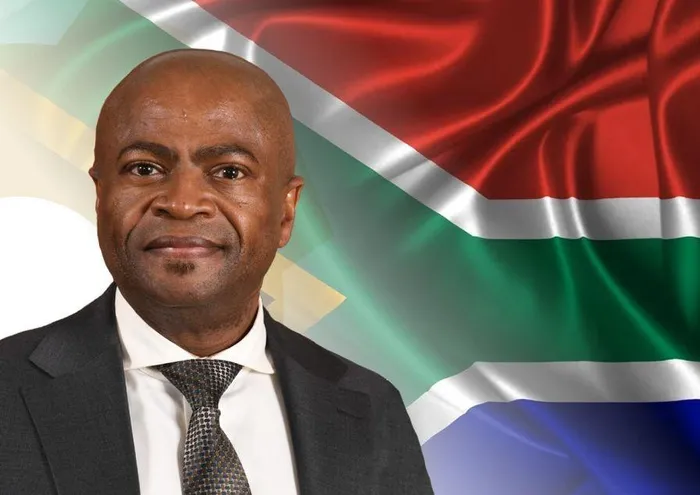Honouring the resilience of traditional communities

Prince Zolile Burns-Ncamashe, will attend the Lenaka Memorial Lecture hosted by the National House of Traditional and Khoi-San Leaders (NHTKL) in partnership with the Northern Cape Provincial House of Traditional and Khoi-San Leaders.
Image: Socia Media / Facebook / Departments: Cooperative Governance and Traditional Affairs
The National House of Traditional and Khoi-San Leaders, in partnership with the Northern Cape Provincial House of Traditional and Khoi-San Leaders, is hosting the Lenaka Memorial Lecture on November 1.
The event will take place at the Ba ga Motlware Traditional Council Office, Batlaharos, Kuruman, in the Northern Cape and will be attended by the Deputy Minister of Cooperative Governance and Traditional Affairs (COGTA), Prince Zolile Burns-Ncamashe.
The Batlharo Ba-ga Motlhware Traditional Authority is situated in the Ga-Segonyana Local Municipality, within the John Taolo Gaetsewe District. Their main office is the Batlharo Ba Ga-Motlhware Tribal Hall in the Batlharos area near Kuruman.
This year's lecture will focus on the theme "Traditional leaders looking back to take South Africa forward." The event brings together traditional leaders, government officials, academics, and private sector representatives to discuss important issues affecting traditional communities. They will explore ways to integrate traditional knowledge systems into modern governance and economic frameworks.
The event aims to highlight the challenges faced by traditional communities and celebrate their resilience. Despite historical injustices, these communities continue to preserve their cultural practices and traditional knowledge.
The lecture will also honour the Batlharo and Batlhaping traditional communities, who fought bravely during the Langeberg Rebellion of 1897. Their legacy serves as a reminder of the importance of preserving cultural heritage and promoting sustainable development.
Through this event, organisers hope to promote a deeper understanding of the role traditional leaders play in shaping South Africa's future. By working together, they can build a more inclusive and sustainable future for all.
Related Topics: